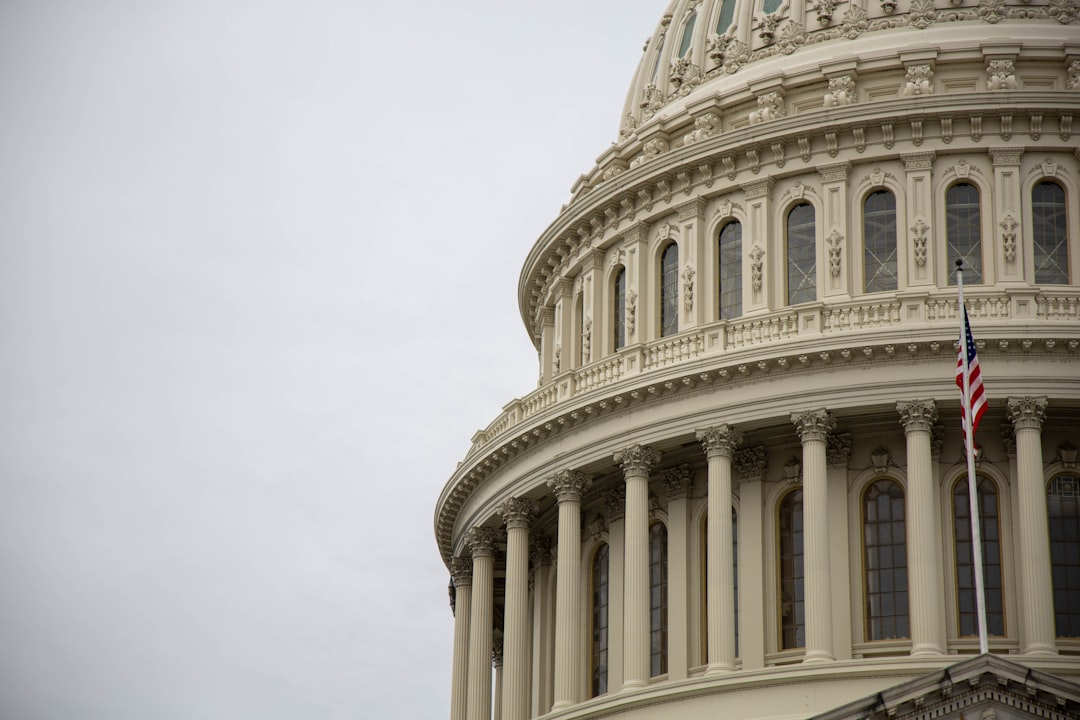
By the very nature of its existence, any government is going to have certain powers. That’s pretty much unavoidable. Otherwise, it’s just a bunch of people saying th…
Keep reading with a 7-day free trial
Subscribe to Tilting At Windmills to keep reading this post and get 7 days of free access to the full post archives.

